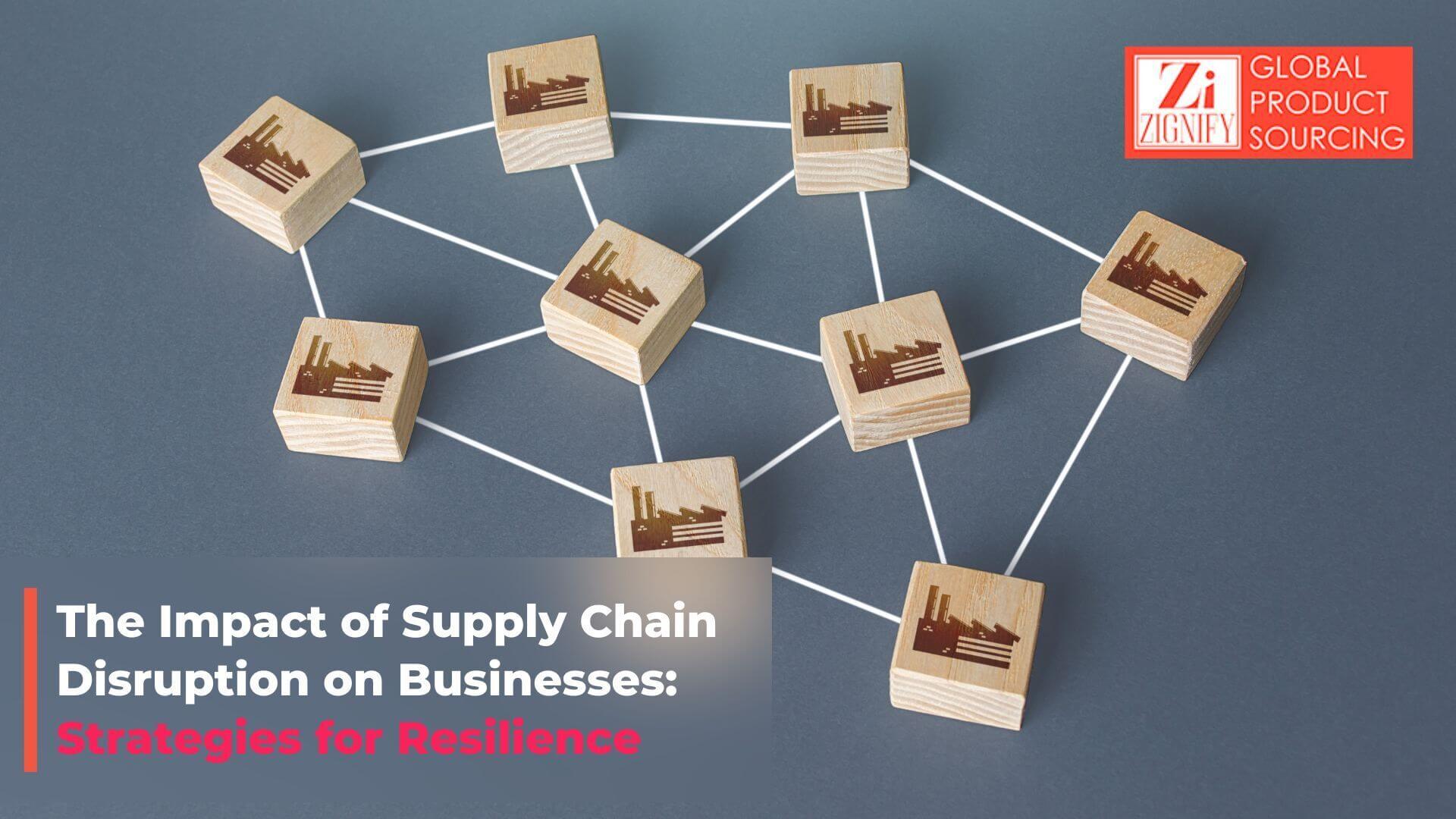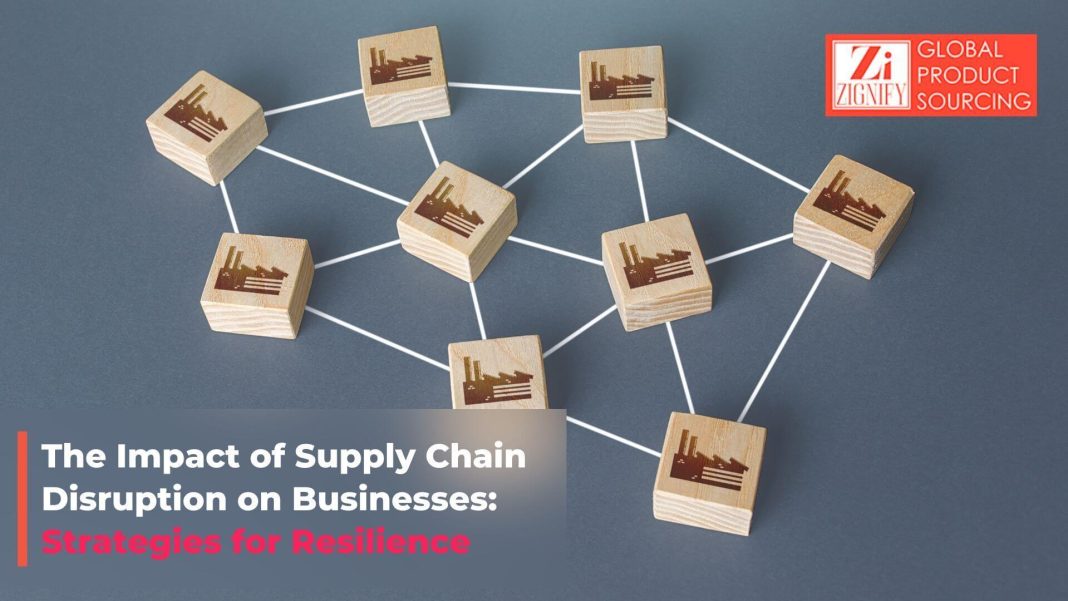 Manufacturing Output in the UK Expected to Increase Despite Supply Chain Disruptions
Manufacturing Output in the UK Expected to Increase Despite Supply Chain Disruptions
Introduction:
British businesses are confident that manufacturing output will increase in the next year, despite global disruptions to supply chains. The UK manufacturing sector enjoyed rising levels of production and new businesses in May, at the quickest rates since early 2022, according to a survey conducted by the Chartered Institute of Procurement and Supply (CIPS) and S&P Global.
Rising Levels of Production and New Business:
The survey revealed that May saw a solid revival of activity in the UK manufacturing sector, with levels of production and new business both rising at the quickest rates since early 2022. This positive trend was observed across all three product categories covered by the survey—consumer, intermediate, and investment goods—and for companies of all sizes. This growth in manufacturing output indicates a strengthening domestic market and a potential stabilization of overseas demand.
Challenges in Export Orders:
While new business placed with British manufacturers increased for the second time in the past three months, new export orders fell for the 28th consecutive month. The survey recorded reduced levels of new work from the United States, the EU, and the Middle East. However, it is worth noting that this contraction was the weakest since March 2022. Despite challenges in export orders, business optimism reached a 27-month high, indicating confidence in future production volumes.
Geopolitical Tensions as a Concern:
Geopolitical tensions were cited as a major source of concern for senior procurement leaders surveyed last year. The global disruptions to supply chains early this year, including diversion of freight due to the crisis in the Red Sea, as well as conflicts in Ukraine and increased tension in the Taiwan Strait and South China Sea, have impacted UK firms. Respondents expressed worry that global instability could affect their supply chains over the next three years.
Inflation and Input Costs:
In May, input buying increased slightly, marking a break in reduced purchasing activity observed over the past 22 months. However, input costs increased for the fifth successive month, albeit to a lesser extent than in April. The survey found that chemicals, metals, paper, polymers, pulp products, and timber were more expensive in May. Despite these cost increases, the rate of inflation in the investment goods sector decreased for the first time this year, while cost inflation in consumer goods eased sharply.
Impact on Prices and Interest Rates:
The survey data provided a mixed picture for price pressures at manufacturers. Output charge inflation strengthened for the fifth consecutive month and reached its highest level in a year. However, the rate of increase in input costs showed a solid easing, which should help prevent price pressures from becoming embedded. Despite rising levels of production and new businesses, high prices across the manufacturing sector could prompt the Bank of England (BoE) to delay interest rate cuts until inflation eases further. The BoE has expressed its desire to see stable inflation easing before considering reducing the historically high interest rate of 5.25 percent.
Government Support for Manufacturing:
Last November, Prime Minister Rishi Sunak pledged to make the UK a world leader in manufacturing. This commitment was accompanied by more than £4.5 billion in funding for manufacturing industries, including automotive, aerospace, clean energy, and life sciences. This investment aims to further boost the manufacturing sector and drive economic growth.
Conclusion:
Despite global disruptions to supply chains, the UK manufacturing sector is showing signs of growth and resilience. The survey conducted by CIPS and S&P Global indicates rising levels of production and new business, with optimism among UK manufacturers reaching a 27-month high. However, challenges in export orders and geopolitical tensions remain concerns for the industry. Inflation and high input costs also pose challenges for manufacturers, potentially impacting prices and interest rates. Nevertheless, with continued government support and investment, the UK manufacturing sector is poised to become a global leader in the industry.


